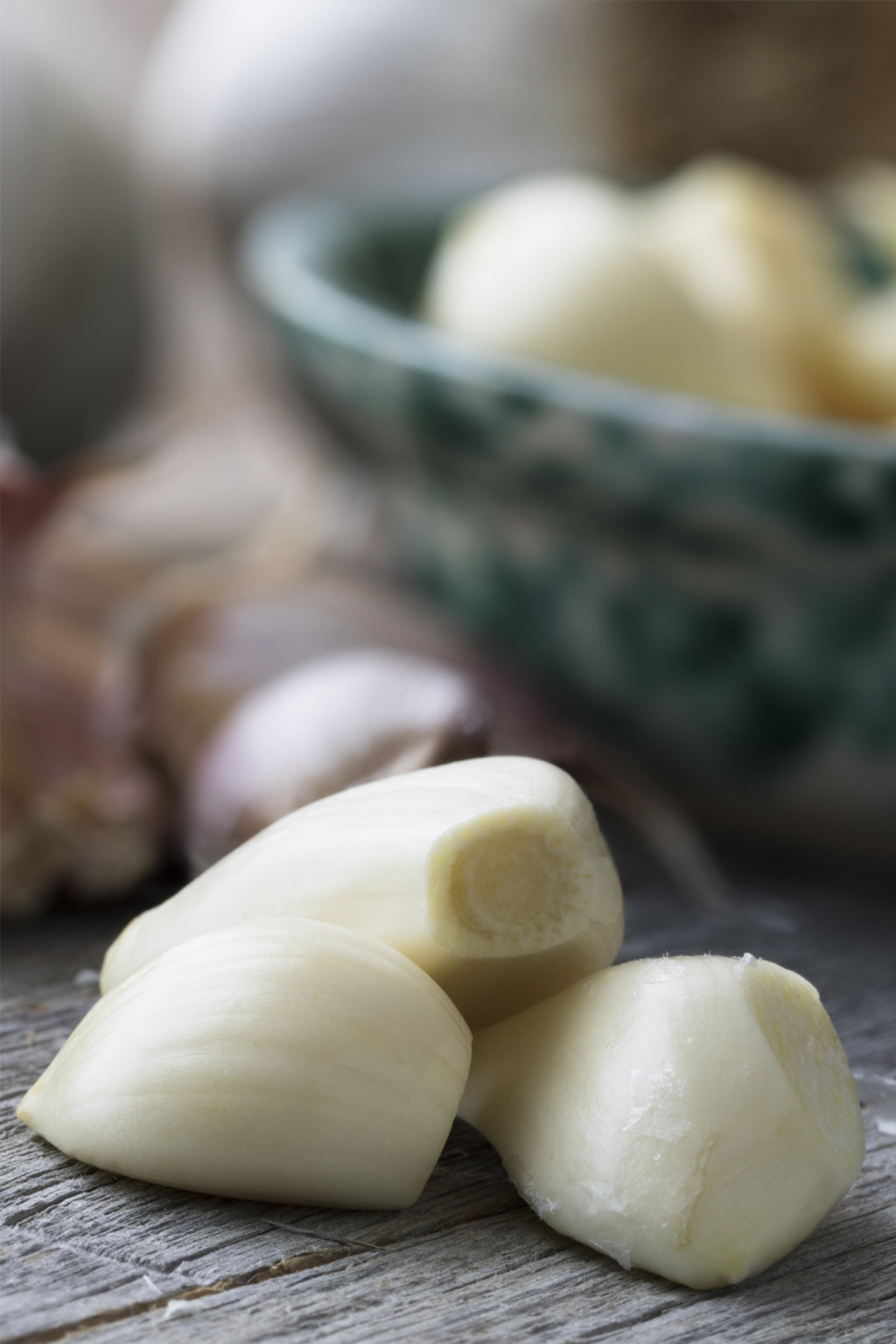Healthy eating is not just what you cook but how you cook and found cooking with these 17 tips led to healthier, more nutritious meals.
- Cook at home. Eating at restaurants or getting take-out means you are not in control of what’s in your meal or how it’s prepared. If you cook at home you can ensure that your meal is healthy. Cooking at home can also save you money.
- Cook with basic ingredients. This means starting with whole foods like raw vegetables and fruits, proteins, and whole grains, and making food from scratch. That way you know you’re eating food in its natural state, without anything added.
- Avoid cooking at high temperatures. If you grill or pan-fry meat at high temperatures, chemicals called heterocyclic amines (HCAs) and polycyclic aromatic hydrocarbons (PAHs) can form on the meat. These chemicals can cause changes in your DNA and have been linked to cancer.
- Avoid deep frying. Deep frying also causes carcinogens to form on your food. For example, French fries and potato chips have acrylamide, which has been linked to cancer.
- Use low-fat cooking methods like boiling or steaming. If you boil or steam food, you avoid the chemicals created by high temperatures and cut out extra fat, which helps you stay at a healthy weight.
- Measure your ingredients accurately. Eating the correct serving size of meat and carbohydrates like pasta and rice keeps calorie levels down. Make sure you also measure ingredients like oil and salt. It’s easy to throw in too much and wind up eating too much fat or sodium.
- Avoid cooking meat or fish to well-done or browned. Overcooking and browning meat creates the same chemicals as cooking at high temperature. These chemicals have been linked to cancer.
- Minimize added sugars and sweeteners. Sugar adds empty calories. That means it can increase your weight without giving you any useful nutrients.
- Minimize animal fats. If you reduce the amount of foods like cheese or butter, your meal will be healthier because you have reduced the amount of saturated fat. Consider replacing half of the butter you typically use with olive oil, or using super-fine grated cheese, which lets you use less while seeming like more.
- Minimize processed foods. Processed and packaged foods, like frozen meals or jars of pasta sauce, usually have more salt and sugar. Packaged foods also often have other chemical preservatives and additives.
- Add vegetables and fruits. If you use more fresh, or even frozen produce, you immediately increase the amount of healthy nutrients in your food. Antioxidants and phytochemicals in plants help your body fight diseases like cancer. Canned vegetables should be purchased carefully, go for the low-sodium and no-added-sugar varieties.
- Use olive or canola oil. Research has shown that the use of olive oil is linked to a lower risk for obesity and cardiovascular problems. If olive oil seems too expensive or you don’t like the taste, canola oil can be a good second choice. Canola oil does contain some healthy omega 3 oils and has been shown to reduce cholesterol levels. It is a low-flavor, healthier alternative to corn, soy or vegetable oil and animal fats like butter.
- Replacing refined grains with whole grains. Whole grains like brown rice instead of white rice have more fiber, which can lower your risk for colorectal cancer. Your body also digests them more slowly so you feel full for longer. Whole grains are an important part of a balanced diet and eating them has been linked to reduced risk diseases including type II diabetes and heart disease.
- Flavoring with herbs, spices, onions, garlic and citrus. These ingredients give you food that’s packed with flavor without any of the downsides of salt and sugar. Many of them also come with extra antioxidants, which help your body fight disease.
- Reduce salt. Eating too much salt is linked to heart disease and stomach cancer.
- Avoid processed meats for flavoring. Processed meats like bacon and hot dogs increase your risk of cancer. Adding even a small amount to vegetable dishes or soups to add taste may cancel out the good you get from the rest of the ingredients. Use herbs, spices, onions, garlics and citrus for flavor instead.
- Avoid margarine or cream-based sauces on vegetables. Fat- and cream-based sauces will ramp up the calorie count of your food and likely cause you to gain weight. That ranch dressing on your salad makes your healthy greens a lot less healthy.




